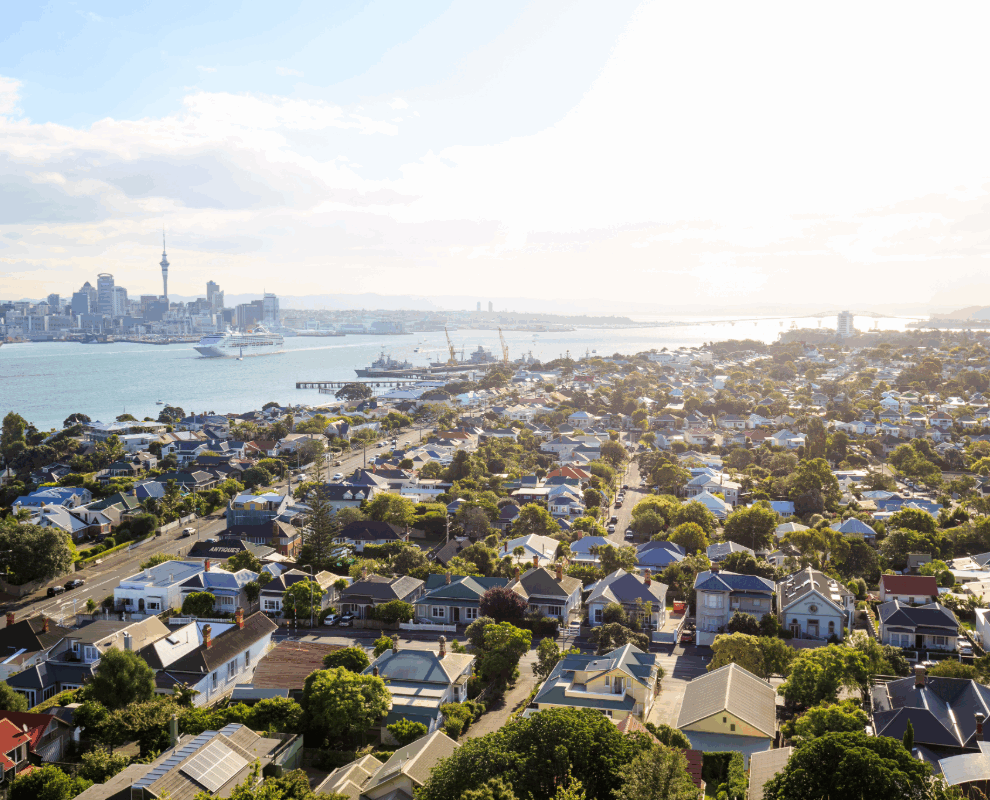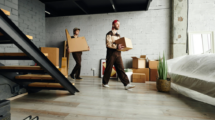The latest Rental Price Index for July 2025 confirms what many landlords are feeling in their cashflow: Auckland rent growth has stalled. The annual change sits at roughly flat (about +0.09%). Monthly moves are volatile, with April down around 1.6%, June down about 1.0%, followed by a modest lift in July near 0.24%. The market is not collapsing, but the easy gains of the last cycle have clearly faded.
The signal behind the headline
Month-to-month volatility in Auckland is unusual. It points to a fragmented demand profile and localised supply pressure, especially in townhouse-heavy suburbs. Tenants have more choice and lower tolerance for aggressive increases, which is limiting landlords’ pricing power.
How Auckland compares
Canterbury continues to show resilience, reflecting population inflows and constrained completions. Wellington is negative year-on-year, indicating clear oversupply or demand softness. Auckland sits between the two: not falling like Wellington, but not growing like Canterbury.
Implications for investors
- Yield pressure: Flat rents plus elevated holding costs squeeze margins. Do not rely on rent increases to do the heavy lifting in 2025.
- Localised oversupply risk: Suburbs with concentrated townhouse stock face longer vacancies and sharper negotiations.
- Shifting tenant expectations: Differentiated homes outperform. Think pet-friendly settings, energy efficiency, school-zone desirability, and reliable transport links.
- Capital growth over income: The near-term thesis is cost management and tenant retention, with capital appreciation as the longer-term story.
Strategy that still wins
- Hold with discipline: Well-structured debt plus operational focus beats chasing marginal rent gains.
- Retention over churn: Keep good tenants through fair reviews, service quality, and clarity on expectations.
- Operational excellence: Sharpen maintenance workflows, insurance settings, and expense control to protect cashflow.
- Watch the turn signals: Track migration trends and consent data. A slowdown in completions or an uptick in net migration can lift rents into 2026.
“The story for investors right now isn’t rent growth, it’s survival of the most strategic. Auckland has reached the part of the cycle where blunt instruments fail. The winners will be those who run their portfolios like businesses, not side hustles. Cost discipline, tenant retention, and forward positioning are the new competitive advantage. If you’re still waiting for the rent curve to bail you out, you’ve already fallen behind.” — Sarina Gibbon, General Manager, Auckland Property Investors Association
Why APIA membership matters now
This is a market for precision, not assumptions. APIA members get timely analysis, practical frameworks, and advocacy that cuts through noise. If you invest in residential property, align with a community that reads the cycle, not just the headline.
Disclaimer: This article is general information only. It is not financial or investment advice. Readers should seek guidance from appropriate professional advisers.
















Add Comment